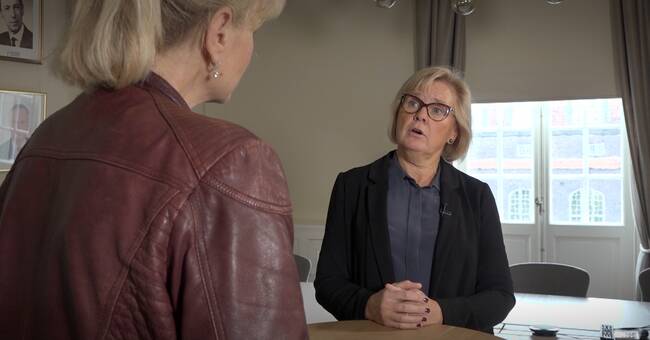- The principle of immediacy is actually to the detriment of the whole system.
On the one hand, witnesses and victims of crime have to wait a very long time for a trial, which is obviously stressful.
On the one hand, it has become increasingly common to threaten witnesses and want to influence them during the journey.
I personally think that is why people who see something do not want to testify.
They do not come forward and tell because they are simply scared, says Petra Lundh.
The so-called principle of immediacy means that the court may only judge on the basis of the evidence presented during the trial itself.
What has been said earlier in a police interrogation should not form the basis for the verdict, although reports from interrogations can be presented.
An 80 year old system
The rules date from the beginning of the 1940s and were created because they wanted to break with the prevailing order, which meant that, among other things, witness statements were in writing, which created problems.
The answer was to go in the exact opposite direction and in the future only what was said in court would apply.
Prosecutor Petra Lundh thinks that the 80-year-old system is ancient and not adapted to today's technology that, among other things, enables video interrogation.
She wants to be able to hold early interrogations which can then be invoked in the trial.
Then victims of crime and witnesses do not have to go to court, instead the taped interrogations are played in court.
- A system where you would tell very early, I think would really make people say more.
It would also shorten the long detention periods with restrictions for the suspects and also prevent the memory of witnesses and crime victims from fading over time.
But the public prosecutor also believes that in this way it will be possible to convict more suspects for, for example, fatal shootings.
- The law enforcement and trials will be better and the courts will have a more accurate basis because the interrogation was recorded already in connection with the incident.
See a longer interview with Public Prosecutor Petra Lundh here.

